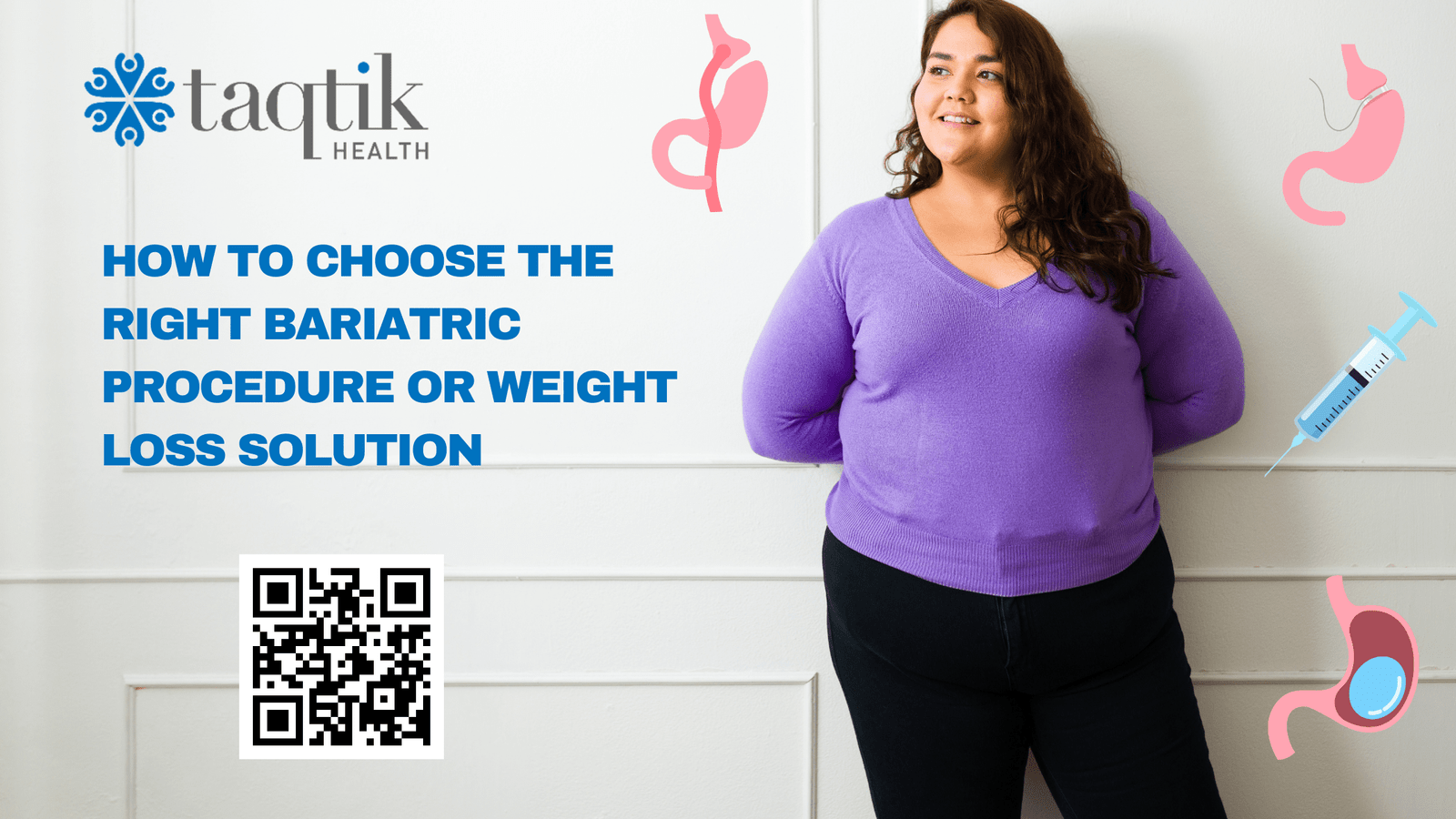
Carbon Credits in Healthcare
The health sector’s emissions are among the highest in the world, accounting for over five percent of the total in 2014. While most of these emissions come from domestic sources such as transportation and manufacturing, they can also be sourced from countries further along the supply chain. This report evaluates the options available for hospitals to be greener, including purchasing carbon credits and reducing energy consumption. The benefits of this approach are plentiful. Low-carbon products can help reduce the healthcare carbon emissions.
What are Carbon Credits?
The new financing method for clean energy is carbon credits. As a result, they will become more affordable as energy prices rise. The growing price of carbon is a major incentive for companies to adopt more environmentally friendly practices. Even though carbon prices are rising annually due to increased global energy consumption and increasing carbon costs, carbon credits can still be a powerful tool to offset these increases. The benefits of carbon credits for many decades will remain evident. Therefore, if companies are concerned about their carbon footprints, they can use these new incentives to help offset the costs.
Healthcare Supply Chain
The majority of carbon emission in the healthcare sector comes from the supply chain. Since 2008, the NHS has seen a significant reduction in its energy consumption and its carbon emissions. It has cut 18.5% of its total emissions. But, healthcare’s demands are constantly rising and the NHS must continue to meet them. Carbon credits are a way to lower healthcare costs, and also help the NHS reduce its carbon footprint. According to Dr. Nick Watts’ study, the sector of healthcare must devise effective methods to communicate demand. These signals can come in the form of up-front commitments to purchase the carbon credits, and long-term signals could come in the form of a pledge to reduce greenhouse-gas emissions. A registry can help you to buy carbon credits.
How Does Healthcare use Carbon Credits?
The carbon credits can also be a good way to help the public’s overall health. These credits are available to hospitals as a financial incentive to buy low-carbon products and services. By purchasing carbon credits, hospitals can offset the impact on the environment that they have on the environment. American Society for Health Care Engineering (ASHE) introduced the program. It has been a vital tool in the healthcare industry. Hospital leaders have the opportunity to invest in their future patients and our society by purchasing carbon credits.
Another option for hospitals is to buy carbon credits from renewable sources. Hospitals can purchase credits from renewable sources as well as participate in the Renewable Natural Gas Program. This program captures methane in Quebec’s landfills. By doing this, they eliminate 119,500 tons of carbon dioxide every year. This initiative has a positive impact on the health of patients. These methods allow hospitals to participate in carbon credit markets.
US Healthcare Emmissions
The U.S. health sector’s carbon footprint accounts for more than a quarter of the world’s total health-sector emissions. Whether these emissions come from the construction of hospitals or the transport of patients, healthcare has the potential to reduce the overall carbon footprint. The United States has a number of environmental policies that can be used by corporations as a way to show their sustainability commitment. The United States has announced tax credits for hospitals to help them improve their environmental performance. This was done a few years back. Privately owned healthcare facilities will be provided with guidance and encouragement to help them achieve their goals.
As a means to reduce their carbon footprint, the new paper recommends that hospitals invest in carbon offsets. It will reduce costs and pollution as well as improve patient health. The researchers suggest that hospitals should design a plan that reflects the needs of their patients and the environment. The best approach is to develop a comprehensive sustainability plan that will suit the needs of the hospital. They can also avoid pollution and invest in low-carbon alternatives.
In addition to the health sector, hospitals can use carbon credits to offset their costs. Aside from saving money on energy, carbon credits also have other advantages. Besides reducing health care expenses, healthcare providers can also get tax breaks on carbon offsets. Hospitals can earn money by participating in voluntary carbon markets and reduce their greenhouse gas emissions. Aside from being able to lower their overall costs, these projects can reduce their risk.
What are your thoughts on carbon credits? Do you think purchasing carbon credit offsets is a good thing, or should industry be accountable to reduce its own carbon reductions? Let us know in the comments below.








